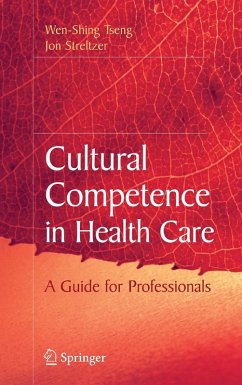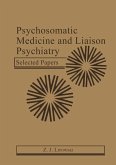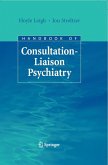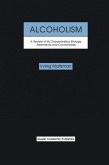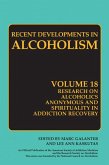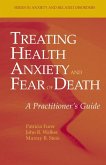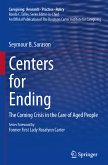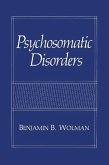A Guide for Professionals
Wen-Shing Tseng, University of Hawaii, Honolulu
Jon Streltzer, University of Hawaii, Honolulu
Between a growing pan-ethnic patient base, the need to solve inequalities of care, and the clinical desirability of viewing clients in their entirety, applied cultural knowledge is emerging as a major goal of clinical and public health practice. Cultural Competence in Health Care offers a wealth of this crucial knowledge with emphasis on day-to-day clinical work. Authors Tseng and Streltzer, well-known experts on transcultural medicine and therapy, start by differentiating between disease and illness and advise on a range of practical matters, from discussing culturally sensitive subjects to negotiating compromises between traditional healing and established medicine, so that readers will gain both useful working techniques and valuable empathy with clients. Case studies highlight medical issues as they apply to various minority (and majority) groups, and eight insightful chapters reveal cultural dimensions expressed in:
- Concepts of illness and illness behaviors.
- Assessment, interviews, and symptom presentation.
- Hospitalization, medication, family involvement, consent issues.
- Highly charged medical areas, e.g., pain management, transfusions, reproductive issues, organ donation.
- Frequently stigmatized conditions such as AIDS, STDs, cancer, and psychiatric disorders.
- Care by non-medical professionals, including social workers, physical therapists, and nutritionists.
Cultural Competence in Health Care is equally suited to use by practitioners and students in medicine, psychology, nursing, social work, and affiliated fields. And since it's one of the onlypractice-oriented books on the topic, cross-cultural courses in training programs will find it especially useful.
Dieser Download kann aus rechtlichen Gründen nur mit Rechnungsadresse in A, B, BG, CY, CZ, D, DK, EW, E, FIN, F, GR, HR, H, IRL, I, LT, L, LR, M, NL, PL, P, R, S, SLO, SK ausgeliefert werden.

